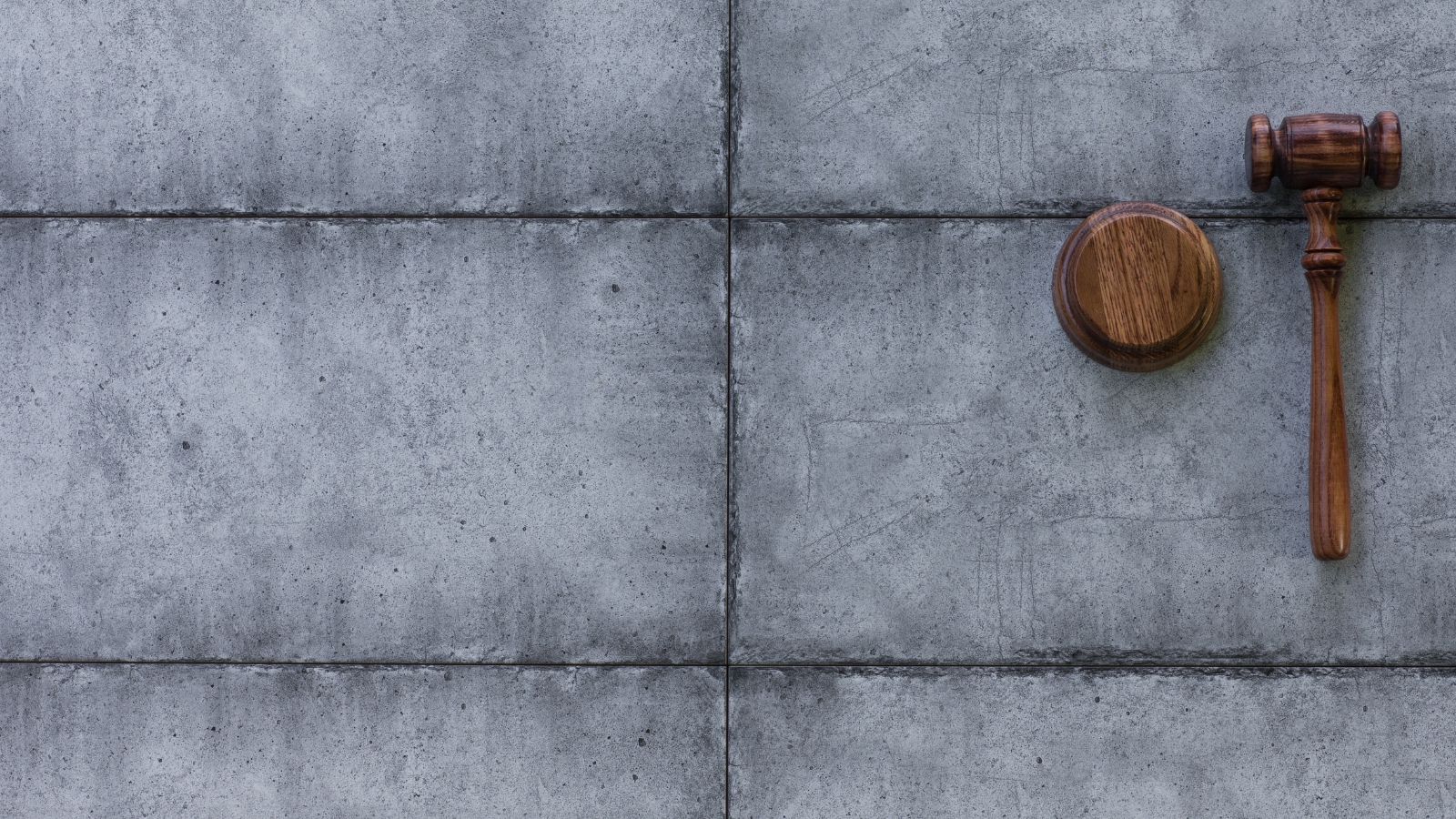Halloween Special: The Spookiest, Creepiest Laws From Around The World

With Halloween upon us, the team here at Albion Legal thought it would be fun to explore some of the spookiest, creepiest laws from around the world, past and present. From bans on witchcraft to legal arguments regarding whether ghosts are real, these laws reveal a side of society that is both fascinating and, at times, spine-chilling. So grab an eyeball snot-tail and witch finger biscuit and enjoy a fascinating journey into the macabre side of the law.
The Salem Witch Trials (1692)
One of the most infamous episodes in the history of witchcraft are the Salem witch trials that unfolded in 1692 in the Massachusetts Bay Colony, now known as Salem, Massachusetts. The public hysteria led to a series of trials and executions of people accused of practicing witchcraft. The legal system was used to enforce the belief that witches should be put to death. For example, the Witchcraft Act of 1604 made witchcraft a crime which could carry the death penalty. Then, in 1641, the legislative body of the colony of the Massachusetts Bay, wrote the Body of Liberties, a collection of civil and criminal laws and rights. It included witchcraft among the offences for which death was the punishment.
Taxing witches
Romanians take the occult seriously. So much so, that in 2011, the occupations of witch, fortune teller, and astrologer got their own tax code. In addition, Romanian legislators also drafted a law that would punish witches for incorrectly predicting the future.
Ghosts, Haunted Houses, and Property Disclosures
In several U.S. states, there are laws that require homeowners to disclose if their property is haunted or has been the site of a murder or suicide.
The Treason Act of 1351
England’s Treason Act of 1351 made it an act of high treason for anyone to imagine the death of the reigning monarch. While it might seem like a quaint and outdated law, its historical context is tinged with the eerie notion that even the mere thought of the monarch's death was considered a grave offence. The Act is still in force today; however, it has been heavily amended.
It is illegal to die in Longyearbyen, Norway
Longyearbyen, a small town on the Svalbard Island, is not the ideal place to meet your maker. Dying has been illegal there since 1950 due to the town's frigid temperatures. The harsh climate preserves the bodies, making it a chilling, eerie sight for future generations. Hence, if you do die, no one will bury you. Families living in Longyearbyen often send their terminally ill loved ones to mainland Norway for their final days.
New York
It is a criminal offence to offer your services as a psychic.
English law denies the existence of ghosts (but the Supreme Court of Canada is not so sure)
The case of Lyon v Home 1868 L R 6 Eq 655, concerned a spiritualist, Mrs Lyon, who convinced a widow, Mrs Home, that her dead husband wanted her to gift Mrs Lyon her home. The Court extended the principle that the relationship between a spiritualist or medium was akin to one of a doctor/patient (this was the Victorian era). Therefore, it was held that Mrs Lyon had unduly influenced Mrs Home. In addition, the Court ruled that ghosts were utter nonsense and therefore irrelevant to any legal case.
The Supreme Court of Canada was a little more ambiguous in Manitoba Free Press Co. v Nagy, (1907) 39 S.C.R. 340 when it came to questioning the existence of ghosts. The Appellant had printed a story that Mrs Nagy’s house was haunted. She subsequently sued for injurious falsehood. s Michael Shortt points out in his excellent review of ghost law in the US and Canada, Mrs Nagy was required to prove that the report of the haunting was untrue; however, the case became an argument about whether ghosts existed at all. The Appellant claimed that the burden of proving ghosts were untrue fell on Mrs Nagy. The Manitoba Court of Appeal chillingly ruled:
“It is, of course, impossible to prove such a matter by evidence in the ordinary way. The very nature of a ghost, as understood by superstitious people, is that of a phantom appearing at rare intervals. Unless, therefore, we hold that the Courts should take judicial cognizance of the fact that ghosts do not exist, the falsity of the statement could never be absolutely proved. I think that the members of the Court may, and as educated men should, assume that there are not such things as ghosts, and that therefore the statement is necessarily false.”
However, the Supreme Court of Canada appeared to put the issue of whether ghosts exist in the ‘too hard basket’ by merely concluding:
“In the case at bar I think the evidence only admits of one conclusion and that is that the article complained of was false.”
Wrapping up
We hope you enjoyed this sprinkling of spooky laws and cases. The team at Albion Legal wish you a safe and happy Halloween.
Albion Legal provides a range of added value products and services, from bespoke employment disputes insurance cover to white-labelled HR software. To discuss any points in the above article or to find out how we can help your business, please phone 0113 2471 717 or email our team.
Posted in Industry News on Oct 31, 2023.
From the blog...



 For more information
Request a call-back
For more information
Request a call-back